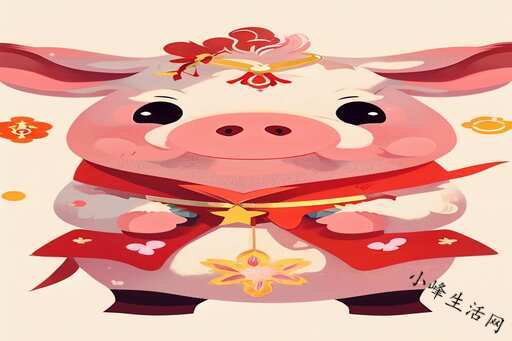2025正月属龙出行吉日
2024正月属龙出行吉日 2024年是农历龙年,属龙的人在这一年里将迎来属相转运的好机会。龙是中国传统文化中的神兽,象征着权威和...
扫一扫用手机浏览
Is "大吉日就是好的意思吗" equivalent to "Good luck" in English?
In different cultures and languages, people have various ways to express good wishes and luck. In Chinese culture, "大吉日就是好的意思吗" is a common phrase used to convey good luck. However, when it comes to translating it into English, the phrase "Good luck" is the closest equivalent. In this article, we will explore the meaning and usage of "大吉日就是好的意思吗" in Chinese and how it corresponds to "Good luck" in English.

The Meaning of "大吉日就是好的意思吗"
"大吉日就是好的意思吗" is a Chinese phrase that is often used to express good wishes and blessings. It is a combination of several words: "大吉" means great luck or good fortune, "日" means day, "就是" means is, and "好的意思吗" means good meaning. When put together, the phrase can be interpreted as "Is it a good meaning if it is a lucky day?" or simply "Does a lucky day mean good luck?"
This phrase is commonly used in Chinese culture, especially during special occasions such as birthdays, weddings, or the beginning of a new year. It is a way to wish someone good luck and prosperity in their endeavors.

The Equivalent in English: "Good Luck"
When translating "大吉日就是好的意思吗" into English, the closest equivalent is "Good luck." Just like the Chinese phrase, "Good luck" is a common expression used to convey best wishes and blessings.
In English-speaking countries, "Good luck" is commonly used in various situations, such as before exams, job interviews, or when someone is starting a new venture. It is a way to express hope and positivity for the person's success.
Usage and Cultural Differences
While "大吉日就是好的意思吗" and "Good luck" have similar meanings, there are some cultural differences in their usage. In Chinese culture, it is common to use the phrase "大吉日就是好的意思吗" during specific occasions, as mentioned earlier. It is also often accompanied by other traditional customs, such as giving red envelopes with money or hanging up red decorations.
In contrast, "Good luck" in English can be used more casually and in various situations. It is not necessarily tied to specific cultural practices or customs. However, it is still a polite and well-meaning expression to wish someone success and good fortune.
Conclusion
Although "大吉日就是好的意思吗" and "Good luck" are not direct translations of each other, they convey similar meanings and intentions. Both phrases are used to express good wishes and blessings, albeit in different cultural contexts.
So, the next time you want to wish someone good luck in English, you can confidently say "Good luck!" knowing that it carries a similar sentiment as "大吉日就是好的意思吗" in Chinese.